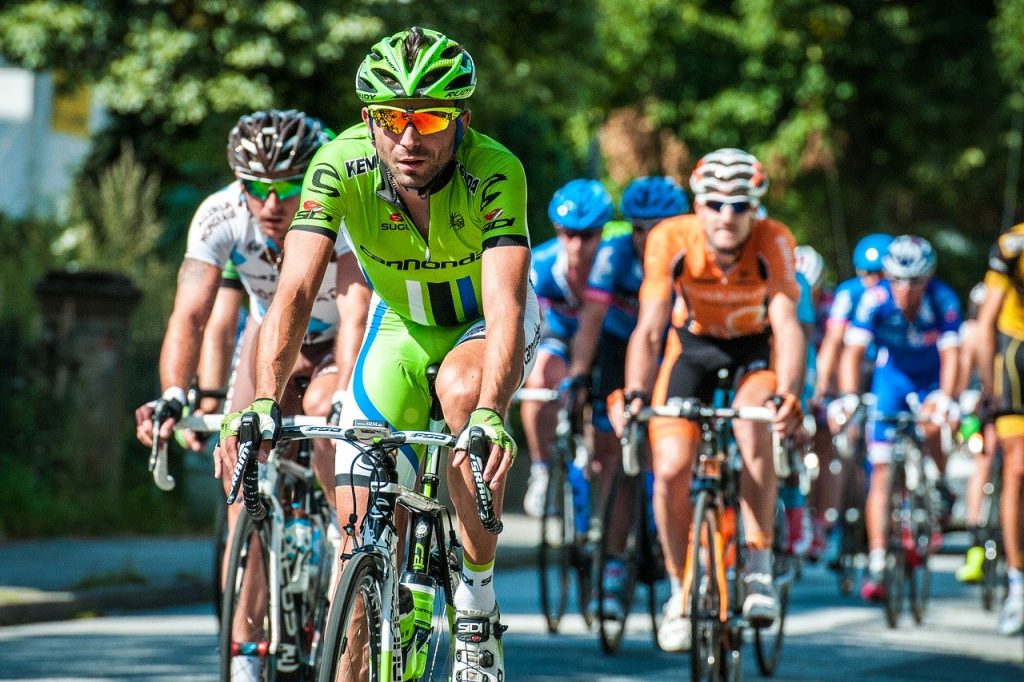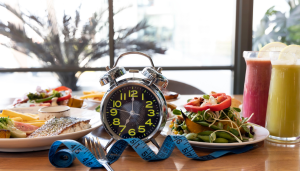Nutrition can be many a times confusing and complicated with so many opinions floating. And more so when it comes to Sports specific nutrition. Whey protein pre – workout or post workout? Glutamine during workout or post workout? BCAA how many servings? Is being a vegan or following a keto better?
Nutrition can be many a times confusing and complicated with so many opinions floating. And more so when it comes to Sports specific nutrition. Whey protein pre – workout or post workout? Glutamine during workout or post workout? BCAA how many servings? Is being a vegan or following a keto better?
There are a myriad of questions out there with a plethora of answers, some through own experiences, some through knowledge and then some borrowed answers too. So what kind of nutrition is going to allow you to grow, become strong and excel in your sports?
The three core fundamentals of nutrition, irrespective of the sport you play are hydration, energy and recovery. Get these right to perform at your peak.

Hydration
Stay on top of your Hydration always. Dehydration is a serious issue and can be fatal. The symptoms of dehydration include fatigue, dizziness and reduced alertness. It is even before you feel thirsty that dehydration can kick in. Starting drinking water even hours before your event – drinking 300 to 500 ml an hour, 2-3 hours before the event. On colder days you can drink a little less. Don’t drink water in gulps, sip your water. Add electrolytes to your water if the activity is more than an hour or a bicycle ride of more than 50 kms. An isotonic drink with 6 to 8 % carbohydrates is preferred.
Energy
Glycogen reserves in the liver are the source of energy for any physical activity lasting more than 15 seconds. After 30 seconds of any physical activity energy supply from fast glycolysis (energy through glycogen reserves) kicks in. The body on average has glycogen (energy) stores only for between 60-90 minutes of moderate intensity riding. Once you’ve burned this reserve your risk of running out of energy increases. For longer events such as endurance cycling around 1 gram of carbs/hour per kilogram of body weight is required. This can be assured through the hydrating drink energy tank remains full!
Recovery
The first 30 minutes post training / ride / event are important for the recovery of the body. The body is exhausted and needs to be replenished with the nutrients. The key nutrients to be considered are: fluids, carbohydrates and proteins. Prefer liquid food for better absorption and recovery. Aim for 50 – 100 grams of carbohydrate consumption with 8 grams of proteins. Full meal (balanced) can be consumed 2 – 4 hours after workout.
Just like you wouldn’t trial a new shoes on the race day itself or trial a cycle on the day of the ride itself without a trial run, don’t wait until race day to see how your body reacts to the new diet regime.
Trial your nutrition into your training. Learn What? Why? How much? And When? works for you.



